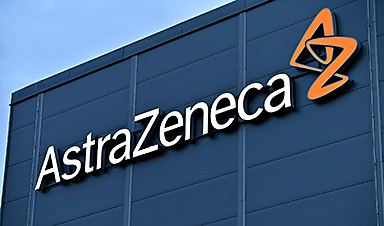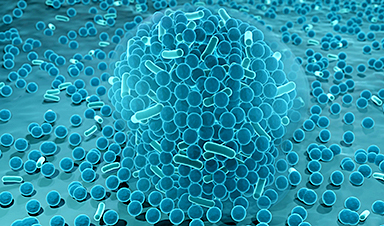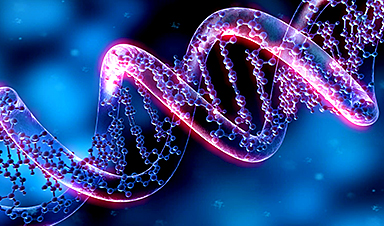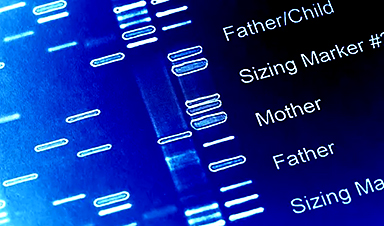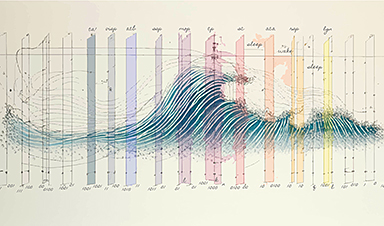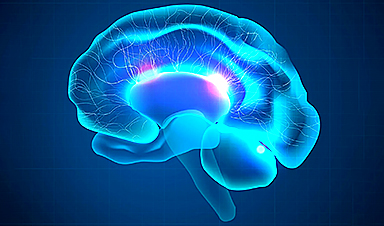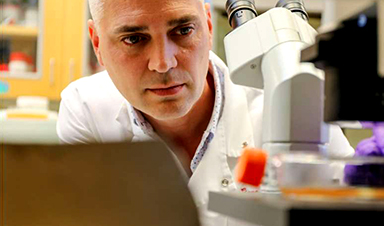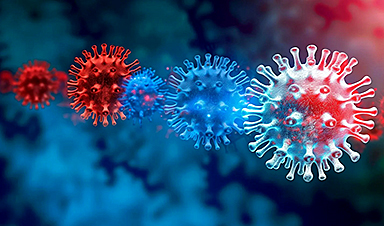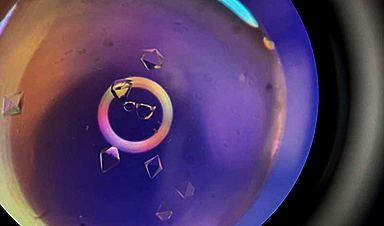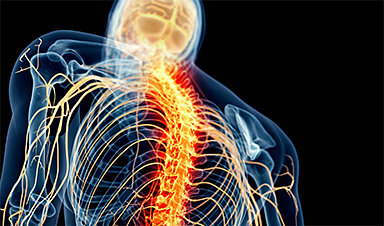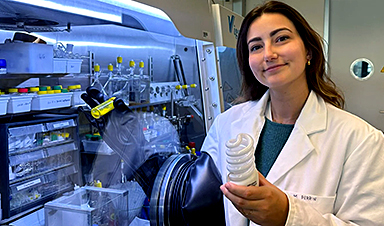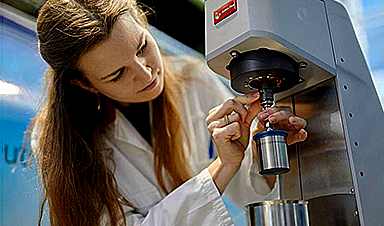AstraZeneca withdraws COVID-19 vaccine: The pharmaceutical giant AstraZeneca’s COVID-19 vaccine is being withdrawn worldwide after the company acknowledged for the first time in court documents that it can cause a rare and dangerous side effect.
AstraZeneca withdraws COVID-19 vaccine: The pharmaceutical giant AstraZeneca’s COVID-19 vaccine is being withdrawn worldwide after the company acknowledged for the first time in court documents that it can cause a rare and dangerous side effect, according to a report in the British Newspaper ‘The Telegraph’, an ANI report read.
AstraZeneca has announced that the vaccine was being removed from markets for commercial reasons. It further said that the vaccine was no longer being made or supplied, having been superseded by updated vaccines that fight new variants.
The application to withdraw the vaccine was made on March 5 and came into effect on May 7. The vaccine can be no longer used in the European Union following the company’s decision to withdraw its “marketing authorisation.”
Similar applications will be submitted in the UK and other nations in the coming months that have given a go-ahead to the vaccine, known as Vaxzevria.
In recent months, Vaxzevria has come under scrutiny over a very rare side effect, which causes blood clots and low blood platelet counts. In court documents, AstraZeneca in the High Court in February admitted that the vaccine “can, in very rare cases, cause TTS”.
TTS which stands for Thrombosis with Thrombocytopenia Syndrome has been associated with at least 81 deaths in the UK and hundreds of serious injuries. More than 50 alleged victims and grieving relatives have filed a lawsuit against AstraZeneca in a High Court case.
AstraZeneca has insisted that the decision to withdraw the vaccine is not related to the case or admission that it can cause TTS and termed the timing a pure coincidence, according to The Telegraph report.
“We are incredibly proud of the role Vaxzevria played in ending the global pandemic. According to independent estimates, over 6.5 million lives were saved in the first year of use alone and over three billion doses were supplied globally. Our efforts have been recognised by governments around the world and are widely regarded as being a critical component of ending the global pandemic,” The Telegraph quoted AstraZeneca as saying.
In a statement, the pharmaceutical giant said, “As multiple, variant Covid-19 vaccines have since been developed, there is a surplus of available updated vaccines”, adding that it has led to a decline in demand for Vaxzevria, which is no longer being manufactured or supplied, The Telegraph reported.
It further announced its decision to initiate the withdrawal of the marketing authorisations for Vaxzevria within Europe. The company said, “We will now work with regulators and our partners to align on a clear path forward to conclude this chapter and significant contribution to the Covid-19 pandemic.”
Last week, AstraZeneca reiterated its commitment to patient safety while emphasising the vaccine’s overall safety profile.
An AstraZeneca spokesperson had stated, “Our sympathy goes out to anyone who has lost loved ones or reported health problems. Patient safety is our highest priority, and regulatory authorities have clear and stringent standards to ensure the safe use of all medicines, including vaccines.”
This comes in the wake of a recent admission by AstraZeneca, the pharmaceutical company, that its Covid vaccine Covishield and Vaxzevria “can, in very rare cases, cause Thrombosis Thrombocytopenia Syndrome (TTS).”
Despite these rare occurrences, the pharmaceutical company maintained that extensive clinical trial data and real-world evidence consistently support the vaccine’s safety and efficacy. Regulatory agencies worldwide continue to assert that the benefits of vaccination outweigh the risks of such extremely rare side effects.
News
Breakthrough in Antimicrobial Technology with Cinnamon-Based Nanokiller
The need for innovative antimicrobial agents has become increasingly urgent due to the rise of antibiotic-resistant pathogens and the persistent threat of infections acquired during hospital stays. Traditional antibiotics and antiseptics are often ineffective [...]
The Silent Battle Within: How Your Organs Choose Between Mom and Dad’s Genes
Research reveals that selective expression of maternal or paternal X chromosomes varies by organ, driven by cellular competition. A new study published today (July 26) in Nature Genetics by the Lymphoid Development Group at the MRC [...]
Study identifies genes increasing risk of severe COVID-19
Whether or not a person becomes seriously ill with COVID-19 depends, among other things, on genetic factors. With this in mind, researchers from the University Hospital Bonn (UKB) and the University of Bonn, in [...]
Small regions of the brain can take micro-naps while the rest of the brain is awake and vice versa
Sleep and wake: They're totally distinct states of being that define the boundaries of our daily lives. For years, scientists have measured the difference between these instinctual brain processes by observing brain waves, with [...]
Redefining Consciousness: Small Regions of the Brain Can Take Micro-Naps While the Rest of the Brain Is Awake
The study broadly reveals how fast brain waves, previously overlooked, establish fundamental patterns of sleep and wakefulness. Scientists have developed a new method to analyze sleep and wake states by detecting ultra-fast neuronal activity [...]
AI Reveals Health Secrets Through Facial Temperature Mapping
Researchers have found that different facial temperatures correlate with chronic illnesses like diabetes and high blood pressure, and these can be detected using AI with thermal cameras. They highlight the potential of this technology [...]
Breakthrough in aging research: Blocking IL-11 extends lifespan and improves health in mice
In a recent study published in the journal Nature, a team of researchers used murine models and various pharmacological and genetic approaches to examine whether pro-inflammatory signaling involving interleukin (IL)-11, which activates signaling molecules such [...]
Promise for a universal influenza vaccine: Scientists validate theory using 1918 flu virus
New research led by Oregon Health & Science University reveals a promising approach to developing a universal influenza vaccine—a so-called "one and done" vaccine that confers lifetime immunity against an evolving virus. The study, [...]
New Projects Aim To Pioneer the Future of Neuroscience
One study will investigate the alterations in brain activity at the cellular level caused by psilocybin, the psychoactive substance found in “magic mushrooms.” How do neurons respond to the effects of magic mushrooms? What [...]
Decoding the Decline: Scientific Insights Into Long COVID’s Retreat
Research indicates a significant reduction in long COVID risk, largely due to vaccination and the virus’s evolution. The study analyzes data from over 441,000 veterans, showing lower rates of long COVID among vaccinated individuals compared [...]
Silicon Transformed: A Breakthrough in Laser Nanofabrication
A new method enables precise nanofabrication inside silicon using spatial light modulation and laser pulses, creating advanced nanostructures for potential use in electronics and photonics. Silicon, the cornerstone of modern electronics, photovoltaics, and photonics, [...]
Caught in the actinium: New research could help design better cancer treatments
The element actinium was first discovered at the turn of the 20th century, but even now, nearly 125 years later, researchers still don't have a good grasp on the metal's chemistry. That's because actinium [...]
Innovative Light-Controlled Drugs Could Revolutionize Neuropathic Pain Treatment
A team of researchers from the Institute for Bioengineering of Catalonia (IBEC) has developed light-activated derivatives of the anti-epileptic drug carbamazepine to treat neuropathic pain. Light can be harnessed to target drugs to specific [...]
Green Gold: Turning E-Waste Into a Treasure Trove of Rare Earth Metals
Scientists are developing a process inspired by nature that efficiently recovers europium from old fluorescent lamps. The approach could lead to the long-awaited recycling of rare earth metals. A small molecule that naturally serves [...]
Cambridge Study: AI Chatbots Have an “Empathy Gap,” and It Could Be Dangerous
A new study suggests a framework for “Child Safe AI” in response to recent incidents showing that many children perceive chatbots as quasi-human and reliable. A study has indicated that AI chatbots often exhibit [...]
Nanoparticle-based delivery system could offer treatment for diabetics with rare insulin allergy
Up to 3% of people with diabetes have an allergic reaction to insulin. A team at Forschungszentrum Jülich has now studied a method that could be used to deliver the active substance into the [...]
